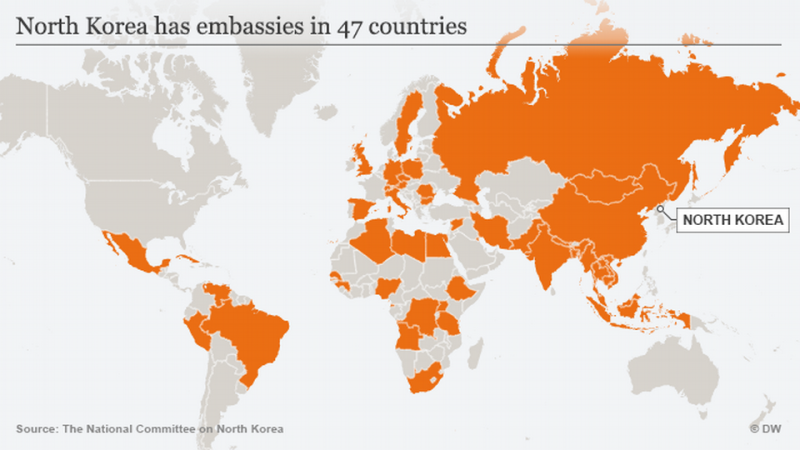Why is it important to maintain credibility in news reporting?

News reporting plays a significant role in shaping public opinion and influencing decision-making worldwide. However, with the rise of fake news and biased reporting, maintaining credibility has become more important than ever before. Credibility is the foundation upon which journalism stands; it is what allows us to trust that what we read or hear from reporters is accurate and unbiased. In this blog post, we’ll explore why maintaining credibility in news reporting matters, how it has evolved over time, some examples of when credibility was lost, and most importantly – how we can maintain it moving forward.
The definition of credibility and how it is applied to news reporting
Credibility refers to the quality or state of being trusted and believed. In news reporting, credibility is crucial because it helps establish trust between journalists and their audience. When a journalist reports information that is accurate, factual, and unbiased, their credibility increases.
To maintain credibility in journalism, reporters must ensure that they are not only providing reliable information but also presenting it in an objective manner. This means presenting all sides of a story equally without taking any particular side. Furthermore, before publishing any news story or report, journalists need to fact-check their sources and verify the accuracy of the information they present.
In today’s fast-paced digital age where social media platforms have become primary sources for many people to obtain news from around the world; maintaining credibility has become even more important than ever before. Misinformation can spread like wildfire on these platforms leading to disastrous consequences if not checked properly by credible reporters.
Ultimately, maintaining credibility in news reporting requires continuous effort from journalists who must remain vigilant about verifying facts while ensuring objectivity when reporting stories no matter how controversial or sensitive they may be.
The history of credibility in news reporting and how it has changed over time
Throughout history, news reporting has evolved from simple word-of-mouth to the instantaneous digital age we live in today. As a result, the way that credibility is measured and maintained has also undergone significant changes.
In ancient times, news was often shared through oral traditions and hand-written manuscripts. Information could be easily distorted or lost in translation as it passed from person to person. As writing became more widespread, printed newspapers emerged as a means of disseminating information on a wider scale.
With this new form of media came greater responsibility for journalists to report accurately and ethically. In the 20th century, radio and television broadcasts further expanded the reach of news reporting. The development of cable networks allowed for 24-hour news coverage that demanded even faster turnaround times and higher levels of accuracy.
Today’s digital landscape presents both opportunities and challenges for maintaining credibility in journalism. While social media platforms provide instant access to breaking news stories around the world, they are also plagued by misinformation campaigns aimed at spreading false information.





